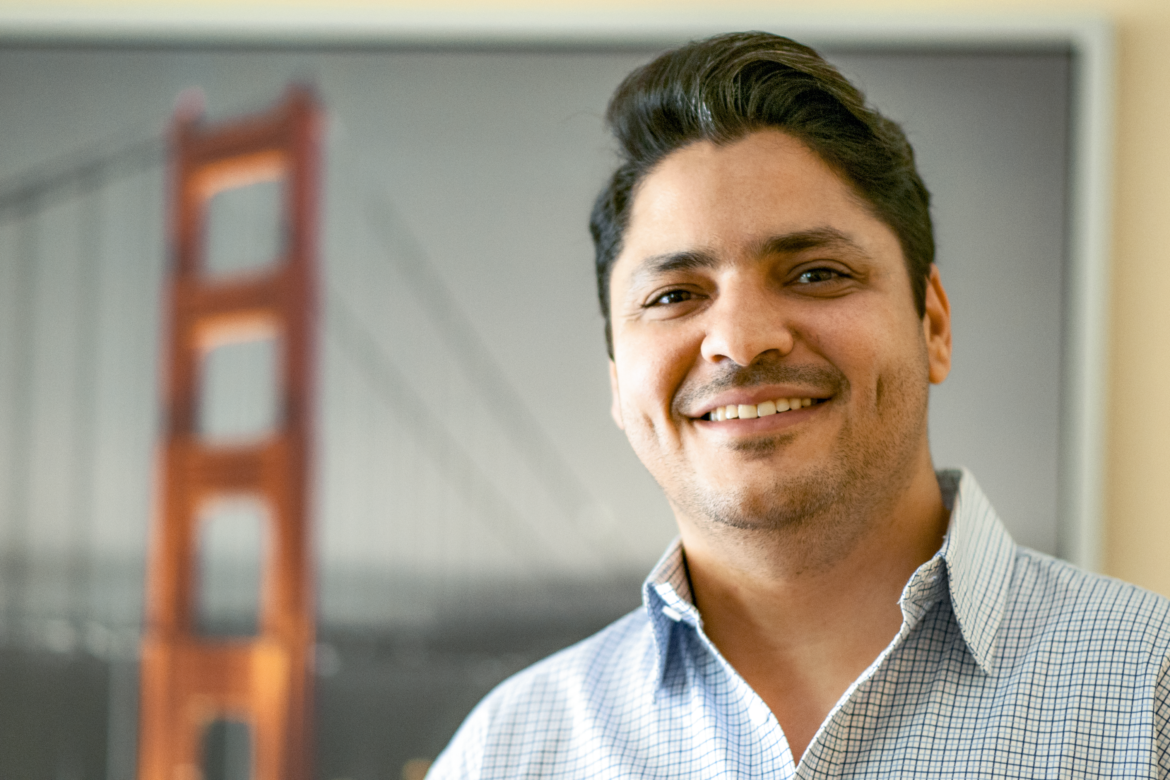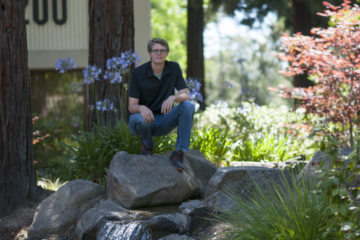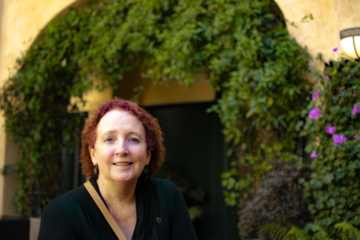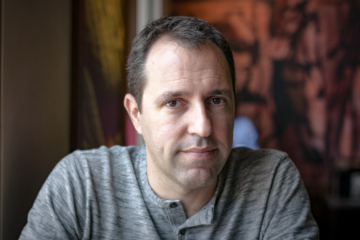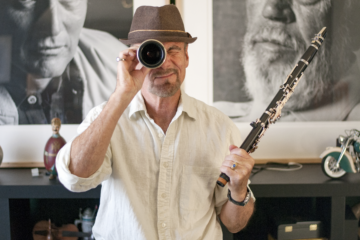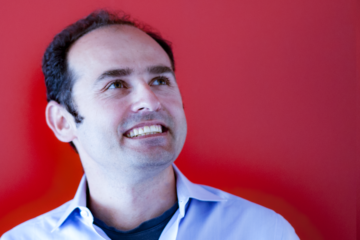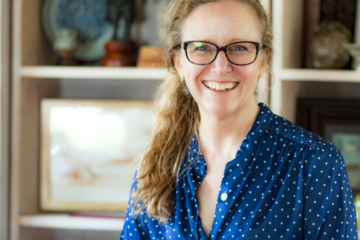Luai: Founder at Whatshudoin
“Once you have a Plan B, Plan B becomes Plan A at the first challenge. So I don’t want a Plan B. I might go broke and homeless. Or I might kill it and be on top of the world. I accepted the risk.”
Message to entrepreneurs:
“Recently, someone asked me for tips about starting a business. I told him: ‘Listen, it looks easy. But it’s hell, man. If this is what you want, go for it. I totally encourage you. But, know that this is the case.’”
Whatshudoin is a social mobile app that connects people who share the same mood. You ask a question—for example, whatshudoin?—select your friends, push a button, and send notifications to their mobile devices. They can post back a video or photo of what they’re doing, along with a location and mood—for example, excited or angry or bored. The application will automatically show them other people who feel the same way, and they can chat and plan things with them. Whatshudoin enables you to connect with people you know or make new friends.
When we launched the beta a year ago, we got lots of media coverage—it was really awesome.
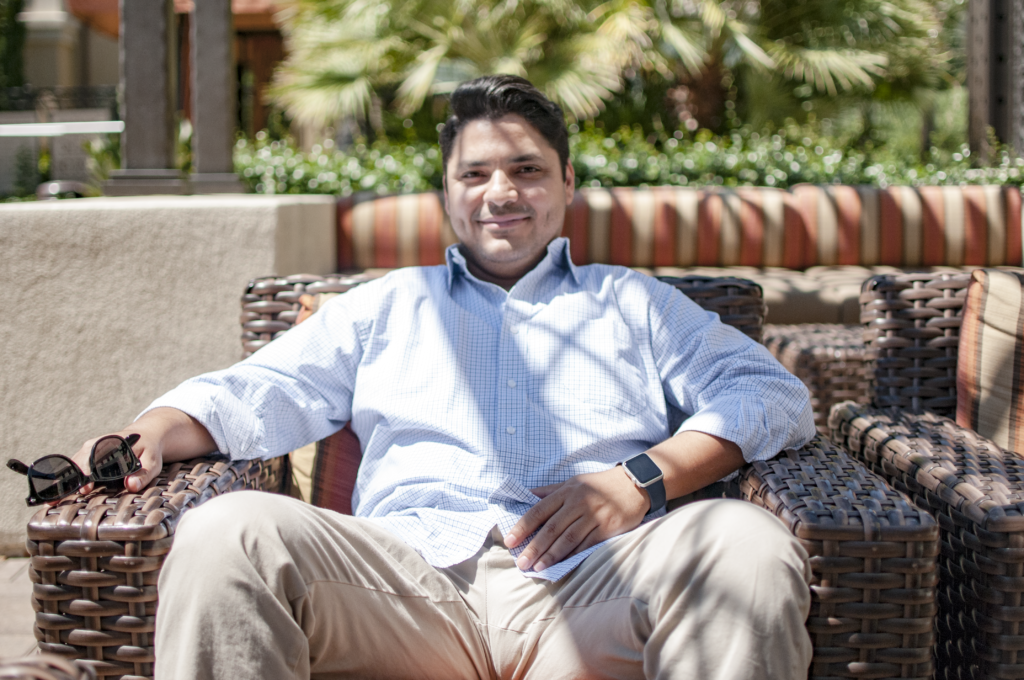
Early Years: “I Knew I Wanted to Create”
I grew up in Jordan. My father has held a lot of executive positions, and my mother has been a housewife. I have two brothers and one sister. I’m the youngest—the odd one, in terms of how I look at things and my willingness to take risks.
When I was a little kid, I told my cousin that I wanted to have a business one day. He was like, “Why do you want to do that?” I didn’t have an answer. Neither of my parents were entrepreneurs; I didn’t know much about entrepreneurship. I just knew I wanted it. I imagined myself owning a big business, in which I would be creating…. Just, creating. I thought about the joy and the freedom of it more than actually the type or sector of business.
When I went to university, I studied software engineering. During my studies, I worked in software engineering, design, and visual graphics. I had an internship at The United Nations Development Program (UNDP).
After I graduated, I got a job offer from one of the biggest firms in Jordan. I worked there for a year and a half. It was great. I got to travel with the CEO, going to the Maldives, going to Dubai. It was great getting to talk to executives. But I just felt that there was something else waiting for me. It was not exactly what I wanted. So, I tried to resign three times. Every time, my resignation was rejected (laughs). The last time, I just sat with the CEO. He’s a really awesome guy. I told him, “Listen, I need to try this. I have to try this because I have a gut feeling about it.” I must have seemed crazy—he knew I was engaged to be married. I was going to get married, quit my job, and start my business, all within the same month (laughs). I told him, “I know that you care about me. You don’t want me to do this because if you just put it logically, it doesn’t make any sense. But this is what I want to do.” After I resigned, I told my brother: “Listen, by the way, I just quit today.” He just stared at me. He said: “You did what? You’re stupid!” (laughs).
I had second thoughts, but it actually worked out. One month after I quit, I had to go against million dollar competitors, and I snatched a big project out of their hands. That was my first start up. It’s called Brandenite—it is a branding agency. We were one of the first branding agencies in Jordan. I ran Brandenite for seven years. Our best clients were from outside Jordan—lots of big names who wanted to do big launches for their products and brand management or events management. For example, we worked with the fashion designer Elie Saab. During that period, I also worked on web design projects. I enjoyed my work, but the market in Jordan was too small. I began to think about creating something that could go global.
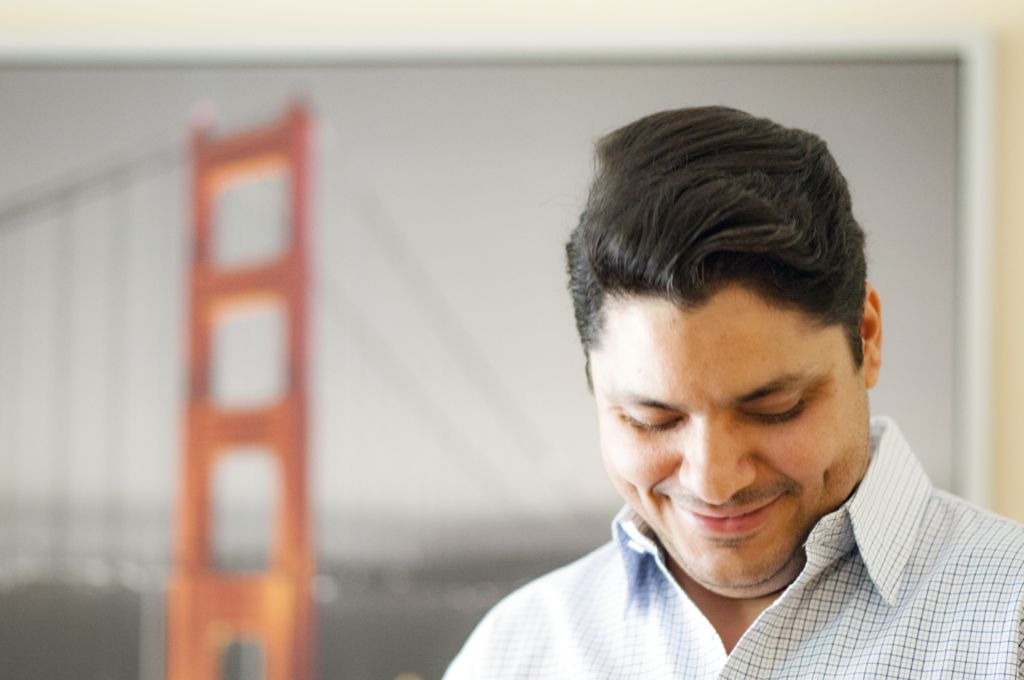
Launching Whatshudoin: “I Saw Its Growth Potential”
I thought to myself, now is the spike for mobile apps. I got the idea for Whatshudoin. I put Brandenite on hold. For a while, I tried to mix the two, but it just didn’t work. I needed to completely focus on one or the other. I chose to focus on Whatshudoin because of the growth potential.
We’d been working on Whatshudoin in Jordan, when we got contacted by the US Embassy in Jordan. They wanted us to travel in a delegation to Silicon Valley. We accepted and traveled with the embassy, meeting lots of companies. It was my first time in Silicon Valley. I fell in love with it and knew that this is the place I have to be.
When I went back, I secured funds from an investor in Jordan, which let me grow the team back in Jordan. Eventually, my wife and I got our visas. We packed our bags and our two cats and flew for thirty hours. I didn’t tell relatives that I was moving to Silicon Valley—they thought we were just visiting California. I didn’t tell them because I didn’t need them to challenge me. I realized that my plans wouldn’t make sense to them. I didn’t know myself what would happen. One of my friends in Jordan asked me, “Okay. If what you’re doing doesn’t work, what’s your plan?” I said, “I don’t have any backup plan.” He was like, “Listen, you’re a smart guy. You should have a Plan B.” I told him, “Listen, once you have a Plan B, Plan B becomes Plan A at the first challenge. So I don’t want a Plan B.” I might go broke and homeless. Or I might kill it and be on top of the world. I accepted the risk.
It was hard. I didn’t know anybody here in California. I had no relatives here, no business ties. I’m not here with a contract from a big firm. I’m here to establish my own business, which makes it ten times harder. It was winter when we arrived. And my wife had the flu. Within four days, I got a car, a house, and furniture, and I started working immediately.
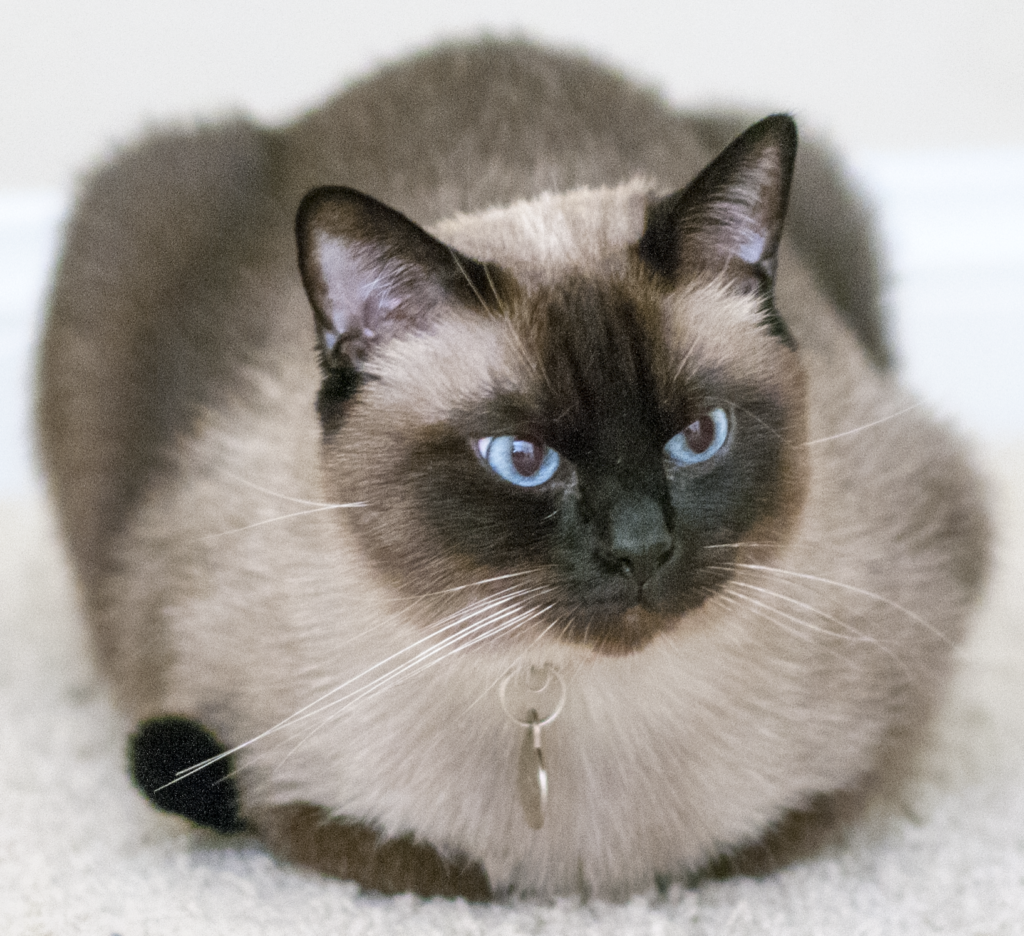
Six months after we moved here, I got contacted by BBC. They said: “We’re coming to Silicon Valley from London and we’d like to interview you.” And so, we did an interview. And it went great. After that, different types of media started covering our story and Whatshudoin. I had an interview with a TV channel a week ago.
My relatives in Jordan know now I’ve moved here. They are like, “Okay. If things are working fine, we’re happy for you, but I mean, what’s your plan?” My goal is to grow Whatshudoin on a massive scale—and to enjoy what I’m doing completely.
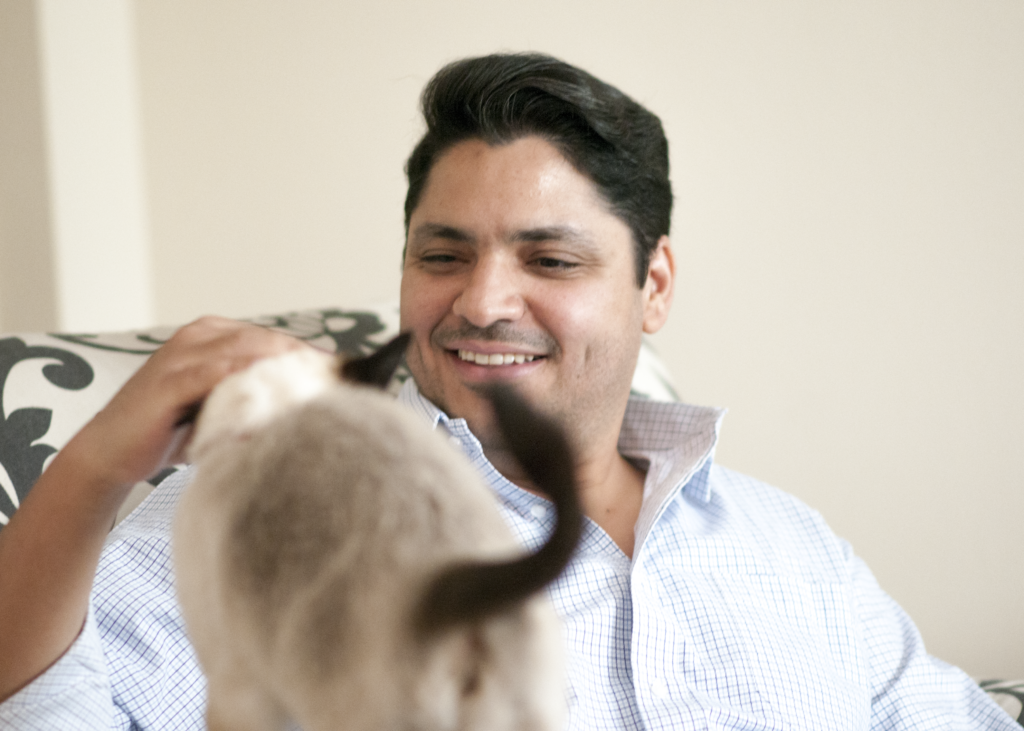
Family and Work: “I’ve Grown Closer to My Wife”
My startup has distanced me, physically, from my family and friends in Jordan. We’re still able to chat every day, but I miss them.
The venture has brought me closer to my wife. She’s totally involved in everything I go through. When you’re an entrepreneur, having somebody to talk to about your challenges—you need that. We go for a walk every day, every night. Just to let everything out. Just to talk and talk and sometimes I just scream and scream about the challenges. Other times we just laugh. We moved from our comfort zone back home. So, we have each other now. We’ve begun to make great friends here in Silicon Valley that we go out with every week, but my wife is the only person who understands me deeply, and I understand her. She’s from the same culture, the same background. We’ve been together for thirteen years.
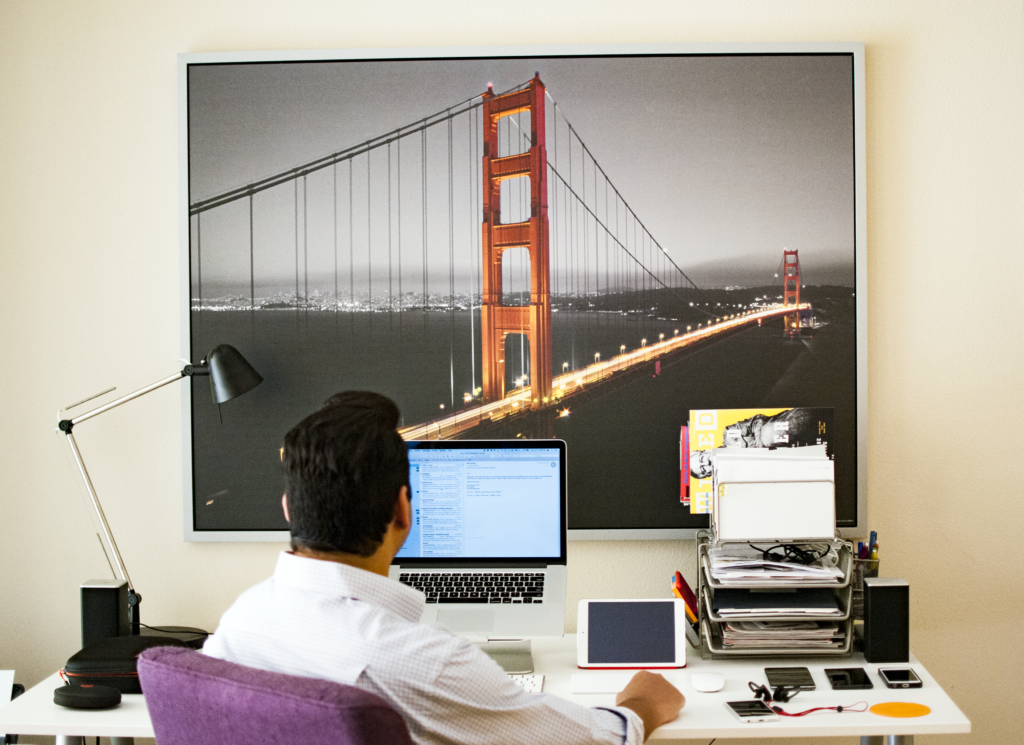
Lessons Learned: “You Need a Network…and Guts”
When I first moved to Silicon Valley, it was so fun, I was so excited. I talked to every single friend of mine back home and everywhere in the world. I told them: “Just listen. Move to Silicon Valley. It’s easy. You’ve got to do it.”
Looking back at myself, I see that was stupid (laughs). I see now that it’s hard here. Recently, someone asked me for tips about starting a business. I told him: “Listen, it looks easy. But it’s hell, man (laughs). If this is what you want, go for it. I totally encourage you. But, know that this is the case.”
You have to build a network. Starting a business is lonely. You have to go through lots of shit by yourself. The work of a founder and CEO is to overcome challenges. You started a business to solve a problem. This is your task every day. Some friends we have in Silicon Valley, we just talk about fun times, going to the beach and stuff like that. It helps to talk with another entrepreneur with whom you can discuss the challenges—someone who’s been there, done that.
Usually, people move to Silicon Valley, and they start working for “x” company. And so they make friends in that company. It’s like an easy, free pass to build your network. I had to struggle to find people. I looked online and discovered Meetup, Eventbrite, and stuff like that. And I started to find groups here and there. The other challenge is to bring what you’re doing up to the high standards of everything here in Silicon Valley—in terms of user experience, in terms of idea, in terms of how you sell your business, in terms of how you talk about your business.
To get through, it takes guts. You need to have a stomach for it. You need to embrace challenge and live with it. And you have to focus on success.
